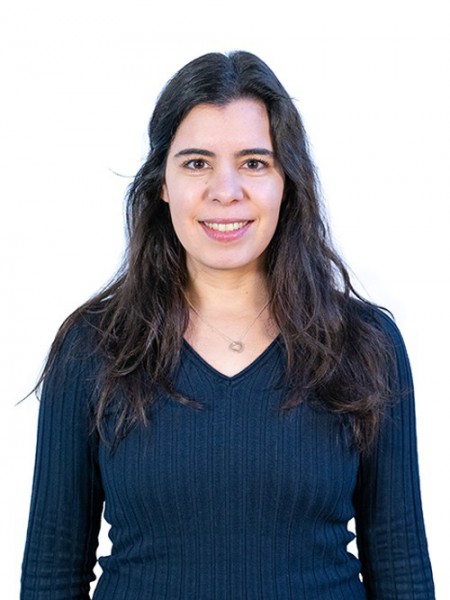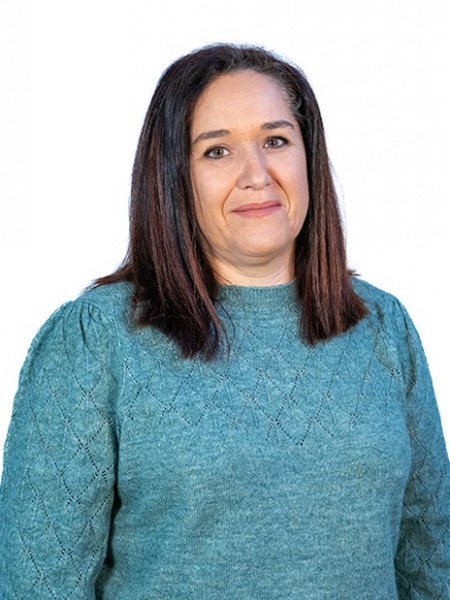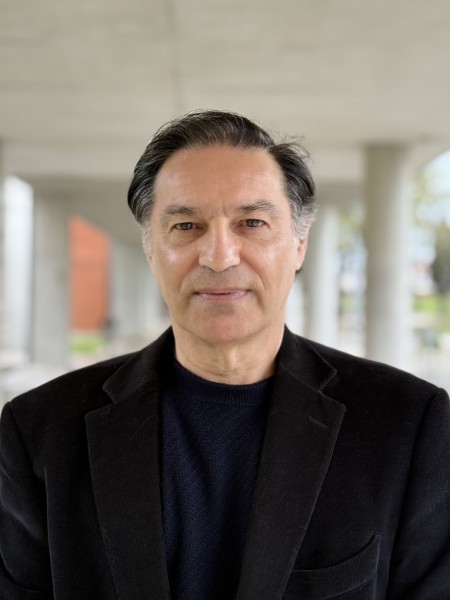abstract
Platinum (Pt) and palladium (Pd) are considered critical elements due to their scarcity and high demand for important technologies, namely, in automotive catalytic converters. Therefore, sustainable technologies that are able to selectively extract such metals from secondary sources are extremely important. This work focuses on the preparation and evaluation of silica gel modified with ionic liquids (ILs) as alternative materials to recover Pt(IV) and Pd(II) species from aqueous media. The approach described here offers a way to reduce the amount of ILs employed in common liquid-liquid extraction methods for these metal species. The sorption equilibrium data obtained are well described by a Dubinin-Radushkevich isotherm model, with the SIL containing 1-methyl-3-propylimidazolium chloride having maximum equilibrium concentrations of 51.0 mg/g and 22.3 mg/g SIL for Pt and Pd, respectively. The gathered results pave the way for the use of materials modified with ILs in the recycling of obsolete automotive catalytic converters.
keywords
METALS; ORDER
subject category
Chemistry; Science & Technology - Other Topics; Engineering
authors
Almeida, JC; Neves, MC; Trindade, T; Freire, MG; Pereira, E
our authors
Groups
G1 - Porous Materials and Nanosystems
G4 - Renewable Materials and Circular Economy
G5 - Biomimetic, Biological and Living Materials
Projects
CICECO - Aveiro Institute of Materials (UIDB/50011/2020)
CICECO - Aveiro Institute of Materials (UIDP/50011/2020)
Associated Laboratory CICECO-Aveiro Institute of Materials (LA/P/0006/2020)
acknowledgements
The authors acknowledge the financial support to LAQV-REQUIMTE and CICECO [within the scope of the projects UIDB/50006/2020, UIDP/50006/2020, UIDB/50011/2020, UIDP/50011/2020 and LA/P/0006/2020], financed by national funds through the FCT/MCTES. The NMR spectrometers are part of the National NMR Network (PTNMR) and are partially supported by Infrastructure Project No. 022161 (cofinanced by FEDER through COMPETE 2020, POCI and PORL and FCT through PIDDAC). Joana C. Almeida thanks FCT/MCTES (Fundacao para a Ciencia e Tecnologia and Ministerio da Ciencia, Tecnologia e Ensino Superior) and ESF (European Social Fund) through NORTE 2020 (Programa Operacional Regiao Norte) for the Ph.D. Grant SFRH/BD/139471/2018 and COVID/BD/152965/2022.





